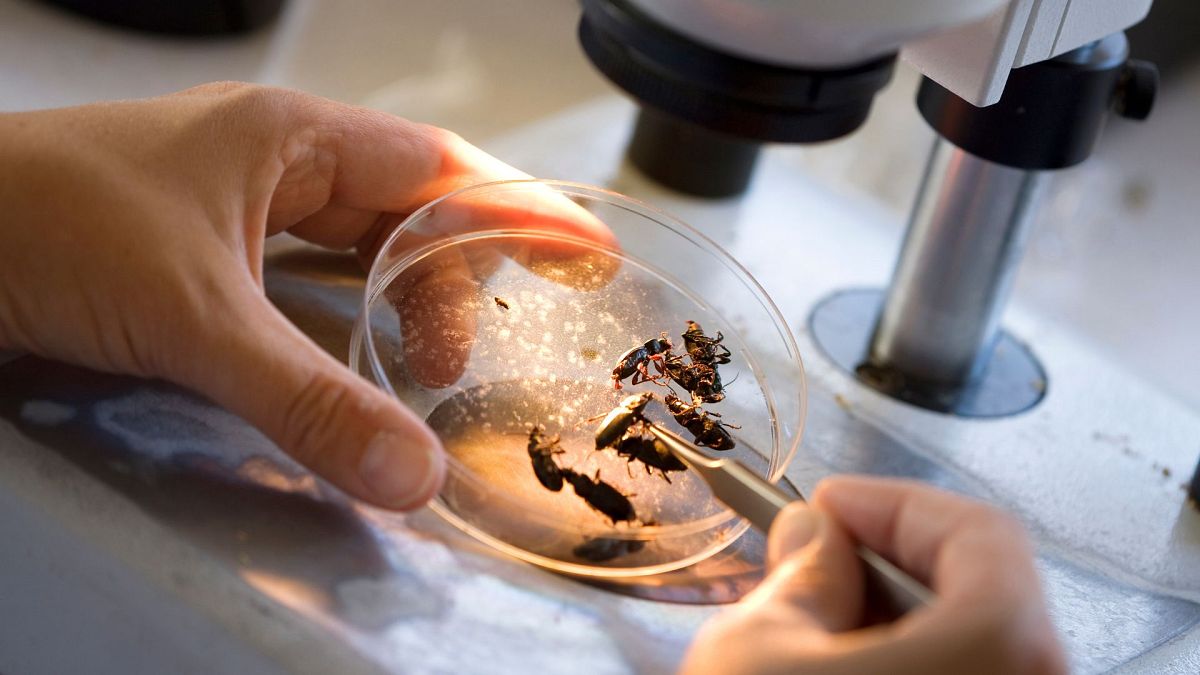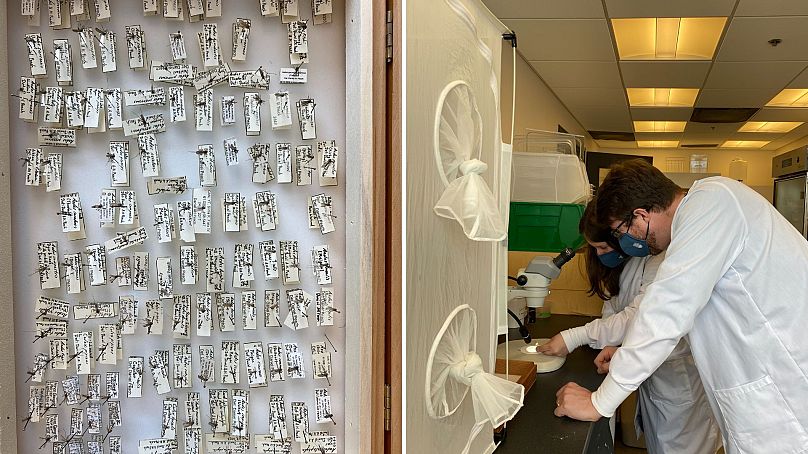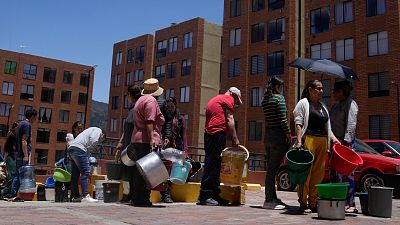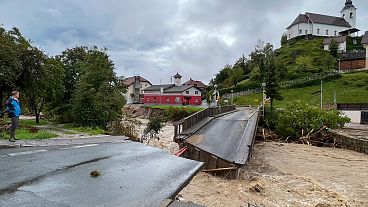'The world's deadliest animal' is spreading further north because of global warming.
Most people won’t thank you for posting them a dead mosquito. But for Canadian scientist Dan Peach, each squished mozzie is another valuable data point in his quest to find out how far the insects are travelling as a result of climate change.
It’s already clear that mosquitoes are migrating further north as temperatures rise. Mosquito maps from the European Centre for Disease Prevention and Control (ECDC) show that the invasive ‘tiger’ variety, for example, has gained a stronger foothold in Spain since last year.
Citizen science is important in tracking the spread of these pesky bloodsuckers. The Mosquito Alert app is one tool that Europeans can use to both identify which mozzie has bitten you, and help contribute to the bigger picture.
Vancouver-based Dr Peach is taking things one step further by requesting the evidence.
“We’re calling it the ‘Ow! What just bit me?’ project,” Peach, an entomologist at the University of British Columbia, told the North Shore News paper. “Basically this summer, if you smack a mosquito, put it in an envelope and mail it to us.”
To save you the air miles: the project is limited to British Columbia (BC) and the northwest Yukon territory. There are currently around 50 known species in BC, but research gaps mean there may be at least six more circulating the province, capable of carrying diseases like the West Nile virus.
Though most people have no symptoms from the virus - which is only transmitted by infected mosquitoes - in severe cases it can lead to a fever, muscle-weakness and seizures.
"They absolutely are the world's deadliest animal," Peach said during a recent interview. "They've killed approximately half of all people that have ever lived."
Why is climate change sending mosquitoes further north?
As global warming drives up average temperatures, warmer and wetter conditions in the Global North are luring mosquitoes into areas previously too cold and dry to support them.
In British Columbia, climate change is making snow melt faster on mountain slopes and triggering more frequent flooding in the bottom of valleys. This creates appealing environments for female mosquitoes to lay eggs.
But a proliferation of mozzies is only part of the equation, as some of the more deadly diseases won’t spread in the colder climes of northern BC just yet.
As Peach explains, “There might be areas when there's nothing to worry about now, but perhaps, you know, 40 to 50 years in the future, we need to be concerned about pathogens like West Nile.”
Another recent study found that Aedes aegypti mosquito - also a vector for dengue, Japanese encephalitis, zika and yellow fever viruses - could spread into much of the US and Canada by 2100 under severe emissions scenarios.
But while dead mosquito DNA provides useful intel, this Canadian project is not an open invitation to go mozzie hunting in general. Dangerous and annoying as the tiny creatures are, they play a vital role in ecosystems - including as plant pollinators, food for birds, and soil enrichers.
How can Canadians take part in the mosquito study?
If you are on the ground in BC or the Yukon, here’s how you can help. Next time you hear the whine of a wandering mozzie, and react with a slap, fold the dead insect in a piece of paper.
Even if it takes you a few weeks to get round to posting the sample, Peach says it can still be useful. He is also asking people to note the date and latitude and longitude of where it happened (easily searchable on apps like Google Maps) to build up a more detailed dataset.
Once the lab receives your offering, the researchers will grind it up and extract the DNA to confirm the species.
In return, Peach is even promising to relay this information back to you via email.
Mail the mosquito and above info to Dr Peach at Ben Matthews Lab, UBC Department of Zoology, 4200-6270 University Blvd., Vancouver, B.C. V6T 1Z4 to start a fascinating, and climate-conscious correspondence.





